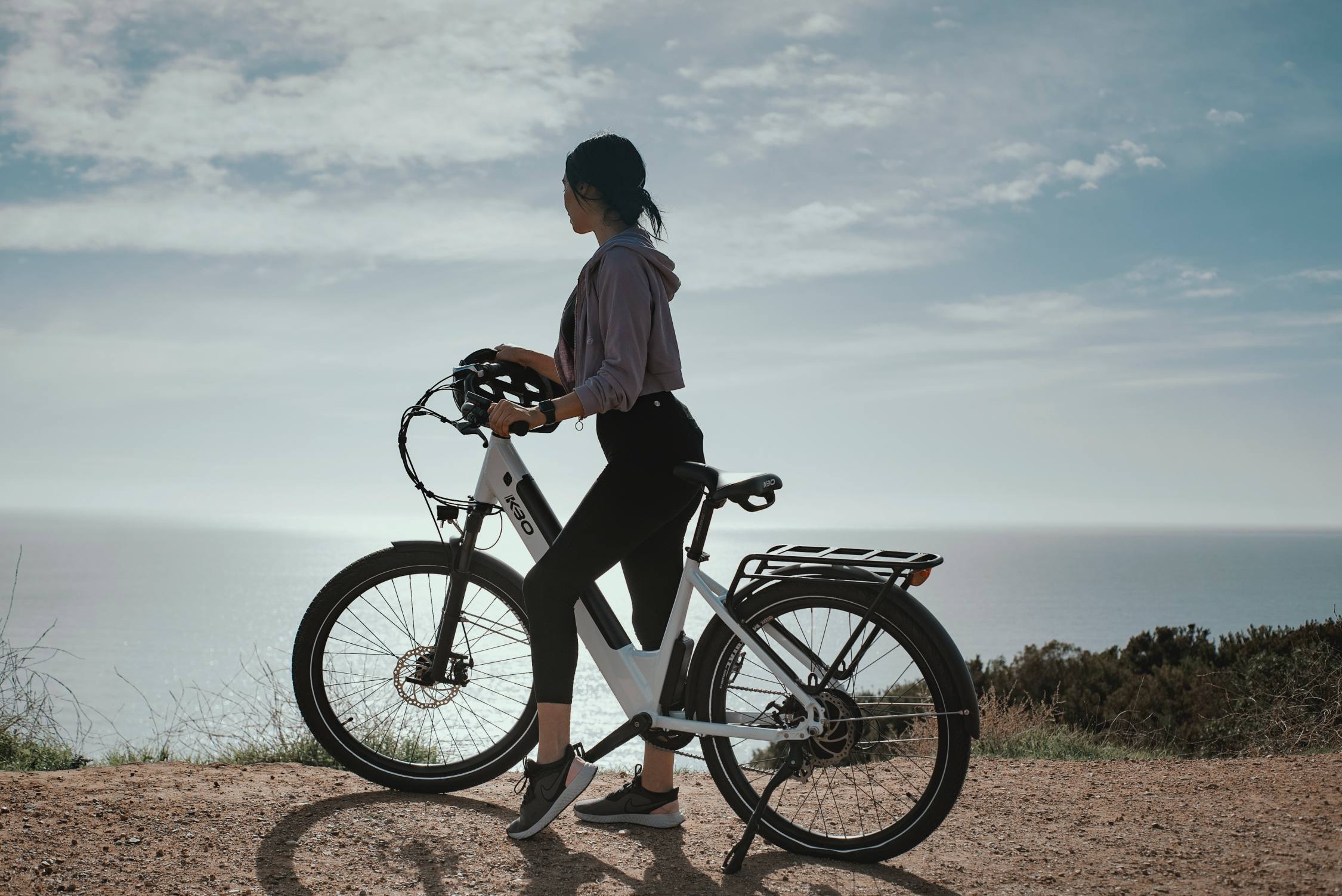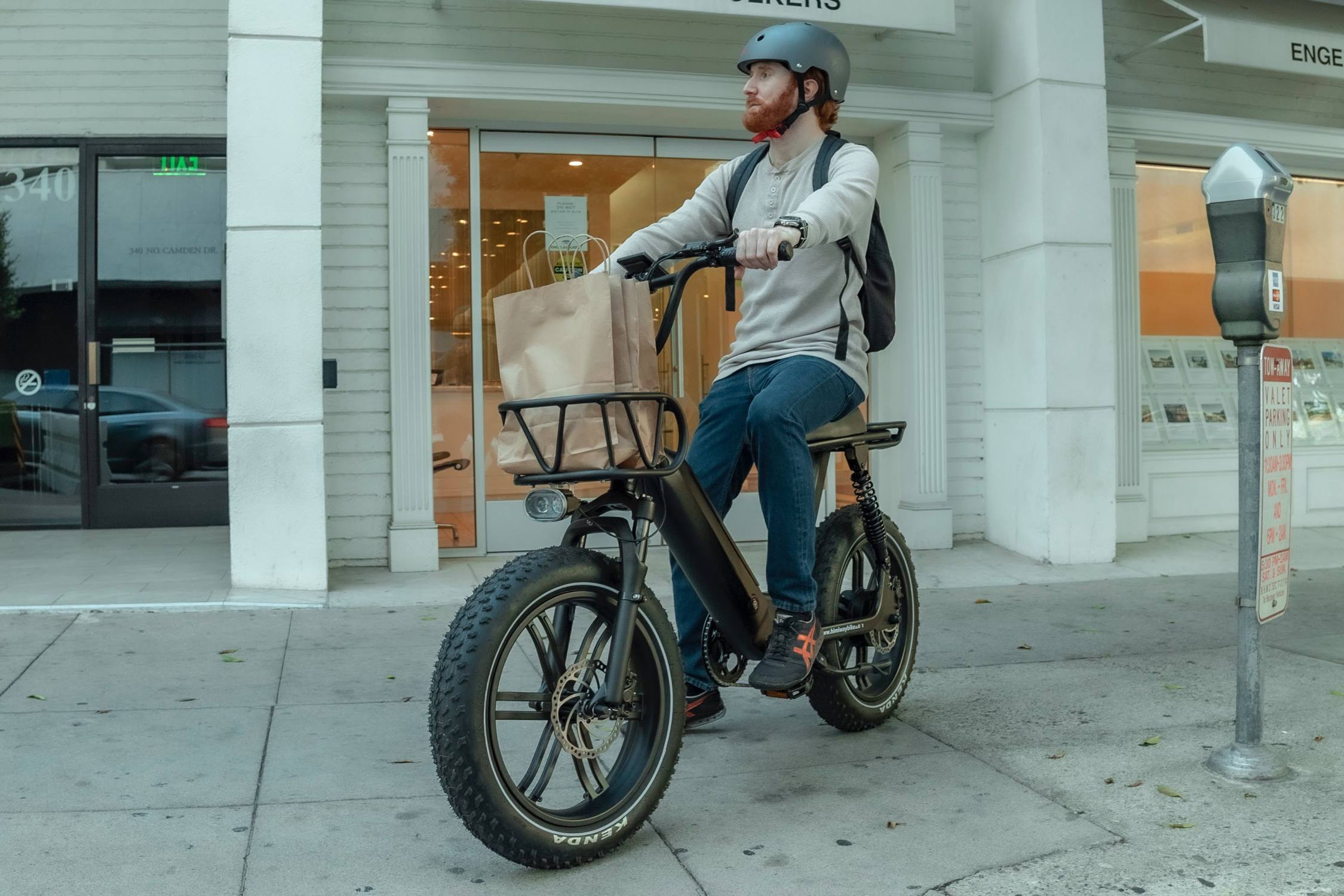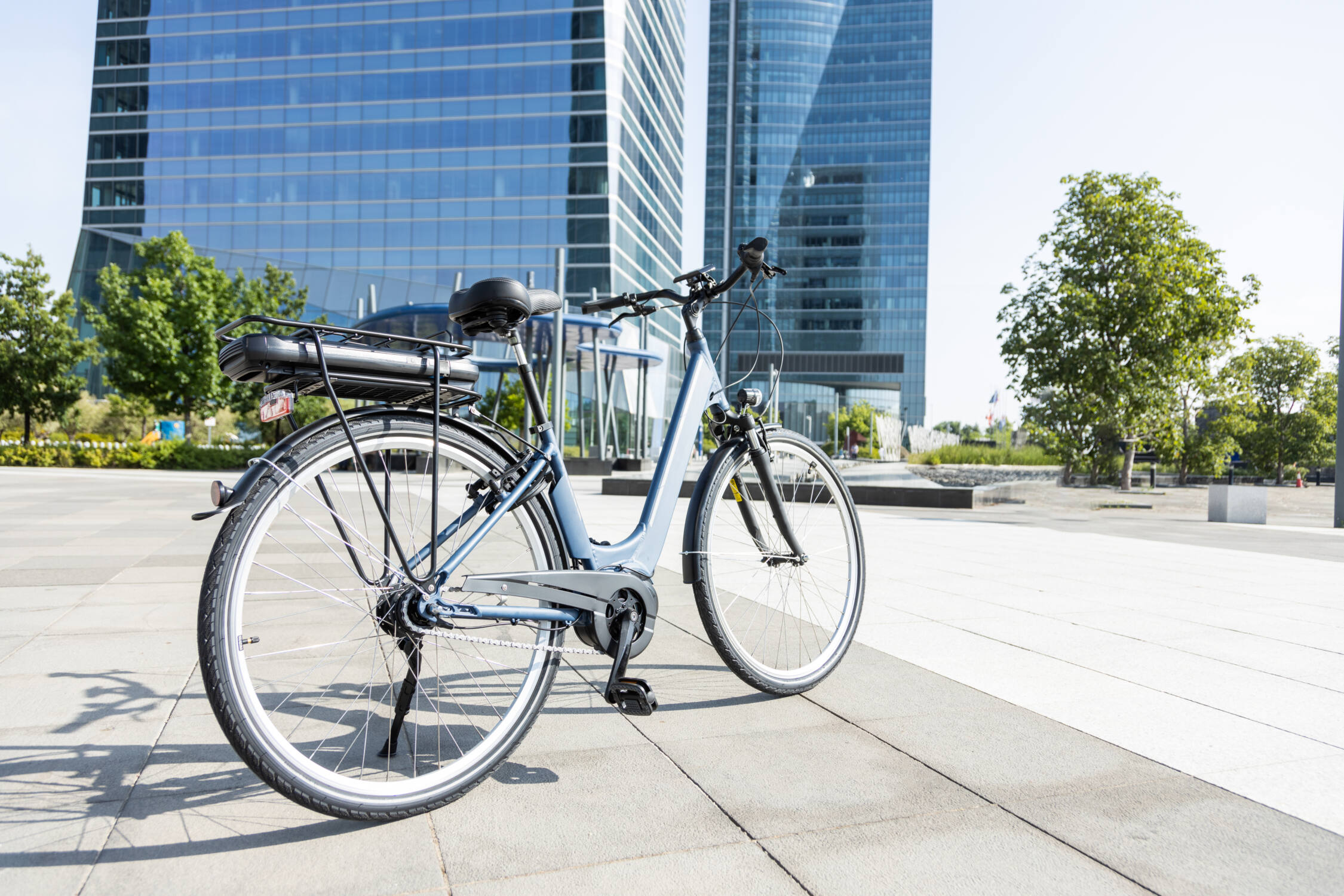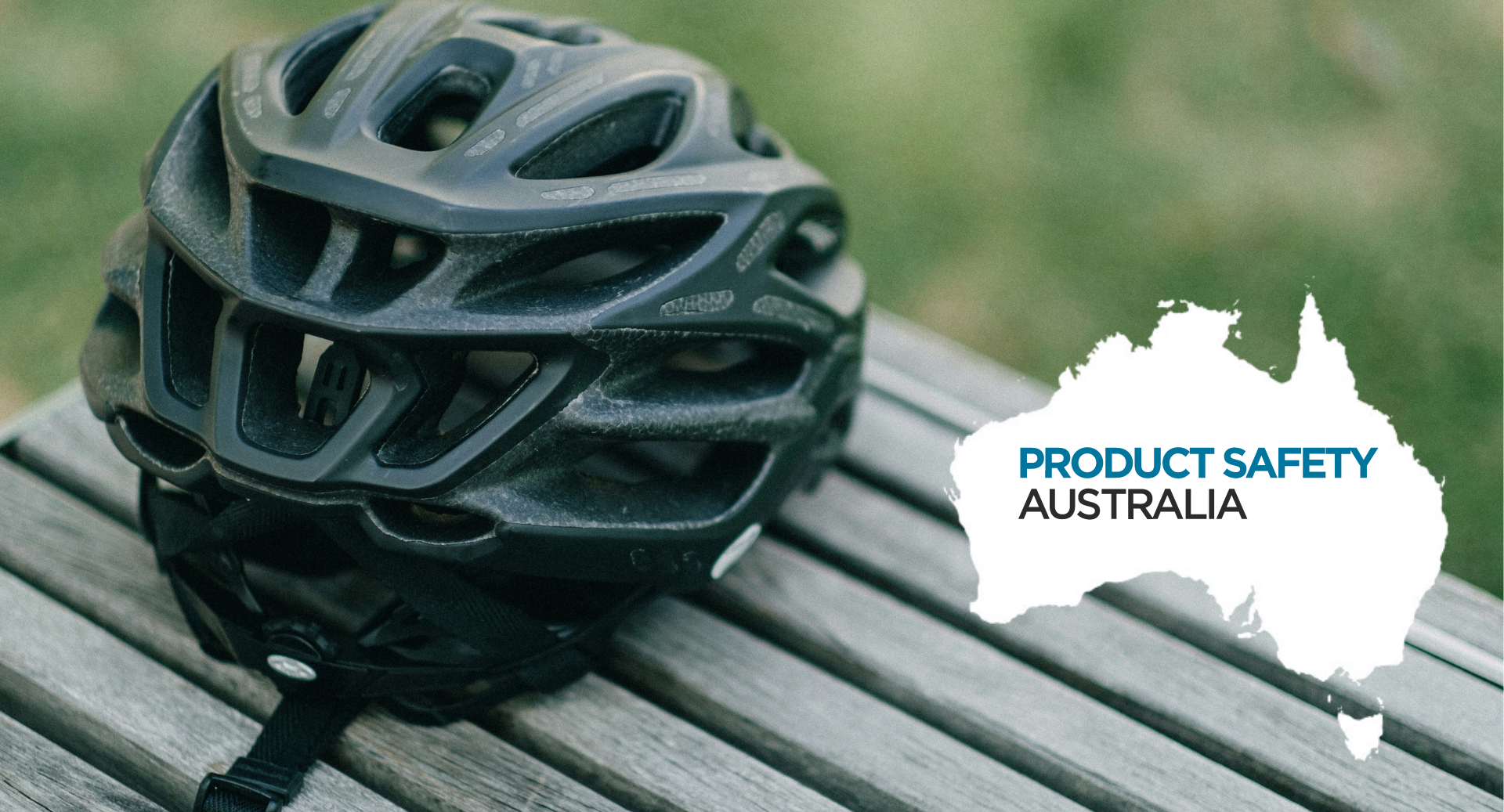
Electric bicycles, commonly referred to as e-bikes, have become increasingly popular in recent years due to their environmental friendliness and efficiency. In the European Union, testing before bringing an e-bike goes to market covers the battery, labeling, and chemical restrictions of the bike.
As a leading product safety testing laboratory in the EU, ACT LAB can help you navigate the ins and outs of making sure your e-bike is safe to sell. Our Czech Republic lab is staffed with product testing experts who will advise you on testing procedures that make sure your e-bike meets local regulations and meets the quality expectations of consumers.
EU Regulations & What They Cover
E-bike regulations in the EU can be region-specific but in general, regulations cover the following countries:
Austria, Belgium, Bulgaria, Croatia, Republic of Cyprus, Czech Republic, Denmark, Estonia, Finland, France, Germany, Greece, Hungary, Ireland, Italy, Latvia, Lithuania, Luxembourg, Malta, Netherlands, Poland, Portugal, Romania, Slovakia, Slovenia, Spain, and Sweden.
Regions outside of the EU such as Great Britain have their own regulations in place that cover e-bikes and other products.
E-Bike Classifications
E-bikes are classified based on their maximum power output and maximum speed. The EU has classified e-bikes into three categories:
- Pedelecs (Pedal Electric Cycle): Pedelecs are e-bikes that provide assistance only when the rider pedals. The assistance stops once the rider stops pedaling or reaches a speed of 25 km/h. Pedelecs are limited to a maximum power output of 250 watts.
- S-pedelecs (Speed Pedelec): S-pedelecs are e-bikes that can provide assistance up to a maximum speed of 45 km/h. They are limited to a maximum power output of 4,000 watts.
- Electric mopeds: Electric mopeds are e-bikes that can provide assistance up to a maximum speed of 45 km/h. They have a maximum power output of 4,000 watts, but they also have a throttle to control the speed.
For pedelecs and S-pedelecs, the EU requires that the e-bike’s motor must stop providing assistance once the speed exceeds 25 km/h. This ensures that e-bikes are not considered motorized vehicles and do not require a license or registration. Additionally, e-bikes must have pedals that are capable of propelling the e-bike without assistance from the motor. This ensures that the e-bike can be used as a regular bicycle if the battery runs out of power.
Safety Requirements
The following regulations exist in the EU to ensure the safety of e-bikes prior to going to market:
- EN 15194 – Electrically Power-Assisted Bicycles: This standard relates to the functional safety of the bicycle and covers unintentional self-starting of the e-bike, prevention of electric motor assistance functions without pedaling, and prevention of fire risk.
- Chemical Limitations: E-bikes are subject to the same chemical restrictions as other products in the EU and have specific requirements for levels in the lithium-ion battery of the bike. Under the RoHS directive e-bikes must contain a maximum concentration value of less than .1 % of mercury, cadmium, hexavalent chromium, Polybrominated biphenyls (PBB), Polybrominated diphenyl ethers (PBDE), Bis(2-Ethylhexyl) phthalate (DEHP), Benzyl butyl phthalate (BBP), Dibutyl phthalate (DBP), and Diisobutyl phthalate (DIBP).
Other manufacturing components distributors must follow include:
- A maximum weight of 55 kg, including the battery.
- A functioning front and rear light, reflectors, and a bell.
- A braking system that can bring the e-bike to a complete stop within a certain distance.

Selling Online in the EU
If you are looking to bring your product to online marketplaces, such as Amazon Europe, you will be expected to supply documentation of the testing that your product has undergone. Amazon Europe requires that all sellers provide an EU Declaration of Conformity which shows compliance with EU product safety legislation. Our Czech Republic lab can help you meet all of the requirements so your e-bike earns an EU Declaration of Conformity.
About ACT-LAB
ACT-LAB is an ISO/IEC 17025 accredited laboratory that conducts consumer product safety and compliance testing for an active world. We can help ensure that your products both meet industry standards and are inspected to ensure the utmost quality.
To learn more about our tests contact us today.
Read more about our accreditations here.
 ISO/IEC 17025 Accredited Independent Testing Laboratory
ISO/IEC 17025 Accredited Independent Testing Laboratory








